Cuts to BBC 'risk making it the equivalent of PBS in America'
Oxford University study backs continued licence fee as director-general defends BBC's place in UK culture
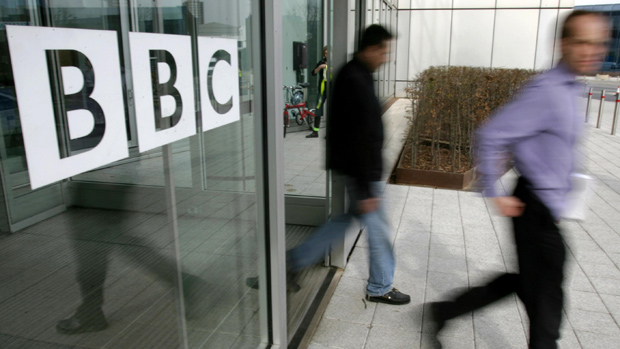
A free daily email with the biggest news stories of the day – and the best features from TheWeek.com
You are now subscribed
Your newsletter sign-up was successful
IF THE GOVERNMENT continues to force financial cutbacks on the BBC, it could become within a generation a "minor sideshow" in Britain's cultural life, the equivalent of the PBS (Public Broadcasting Service) in the United States.
And if the BBC were to lose its licence fee funding all together, and no longer exist, the amount of television produced in Britain would fall by as much as 50 per cent. Far from boosting the independent production sector, it would cause it immeasurable damage.
These are the main findings of a report by Oxford University's Reuters Institute for the Study of Journalism, published today ahead of a debate in Oxford where Lord Hall, the BBC's director-general, will appeal to the British public to continue to support the licence fee.
The Week
Escape your echo chamber. Get the facts behind the news, plus analysis from multiple perspectives.

Sign up for The Week's Free Newsletters
From our morning news briefing to a weekly Good News Newsletter, get the best of The Week delivered directly to your inbox.
From our morning news briefing to a weekly Good News Newsletter, get the best of The Week delivered directly to your inbox.
A reduced BBC would be “bad for the public”, Patrick Barwise, co-author of the Reuters Institute study, tells The Independent.“[Critics] conclude that viewers would be better served if the BBC were smaller – allowing commercial broadcasters to expand – and showed only public service programmes that the market will not provide.
"We think our analysis demolishes that argument. A smaller BBC would be bad for the public even in pure consumer terms: choice and value for money.”
Among the more the radical proposals for future funding of the BBC is the suggestion by Lord (Michael) Grade that Channel 4 be allowed to compete for a share of the licence fee revenue and that the BBC should reduce its in-house programme-making to news and current affairs only, leaving the rest to the independent sector.
But the Reuters Institute study says there is no evidence this would lead to other organisations expanded their output. “On the contrary, the BBC probably forces commercial channels to spend more on programmes in order to attract viewers. If this is correct, losing BBC Television would be even more damaging to viewers and programme producers than the report projects."
A free daily email with the biggest news stories of the day – and the best features from TheWeek.com
The report by Barwise and his co-author Robert Picard, laid out in an article for The Conversation, found that overall investment in all television programmes would fall by five to 25 per cent, and that investment in new UK programmes would drop by between 25 and 50 per cent.
Barwise and Picard conclude their article by saying: "The idea of a future without BBC TV is not just a hypothetical scenario - it is the logical conclusion of the government’s current 'salami-slicing' policy of freezing the licence fee and diverting more and more of it to fund activities outside the BBC’s UK services - while the rest of the market keeps growing.
"If this policy continues - or even accelerates, as some are advocating - within a generation the BBC will be reduced to a minor sideshow, the UK equivalent of PBS in the United States."
In his speech today at the Oxford Media Convention, Lord Hall will say: “We have a creative sector in this country that is world-beating. The BBC is an essential part of that. And it’s British: owned by the British people.
"Google is more than double the size of the whole UK broadcasting market [and] Apple seven times bigger. Today, I believe the BBC’s cultural influence still matches theirs. I want that to be true at the end of this charter and into the next.”
-
 Political cartoons for February 15
Political cartoons for February 15Cartoons Sunday's political cartoons include political ventriloquism, Europe in the middle, and more
-
 The broken water companies failing England and Wales
The broken water companies failing England and WalesExplainer With rising bills, deteriorating river health and a lack of investment, regulators face an uphill battle to stabilise the industry
-
 A thrilling foodie city in northern Japan
A thrilling foodie city in northern JapanThe Week Recommends The food scene here is ‘unspoilt’ and ‘fun’
-
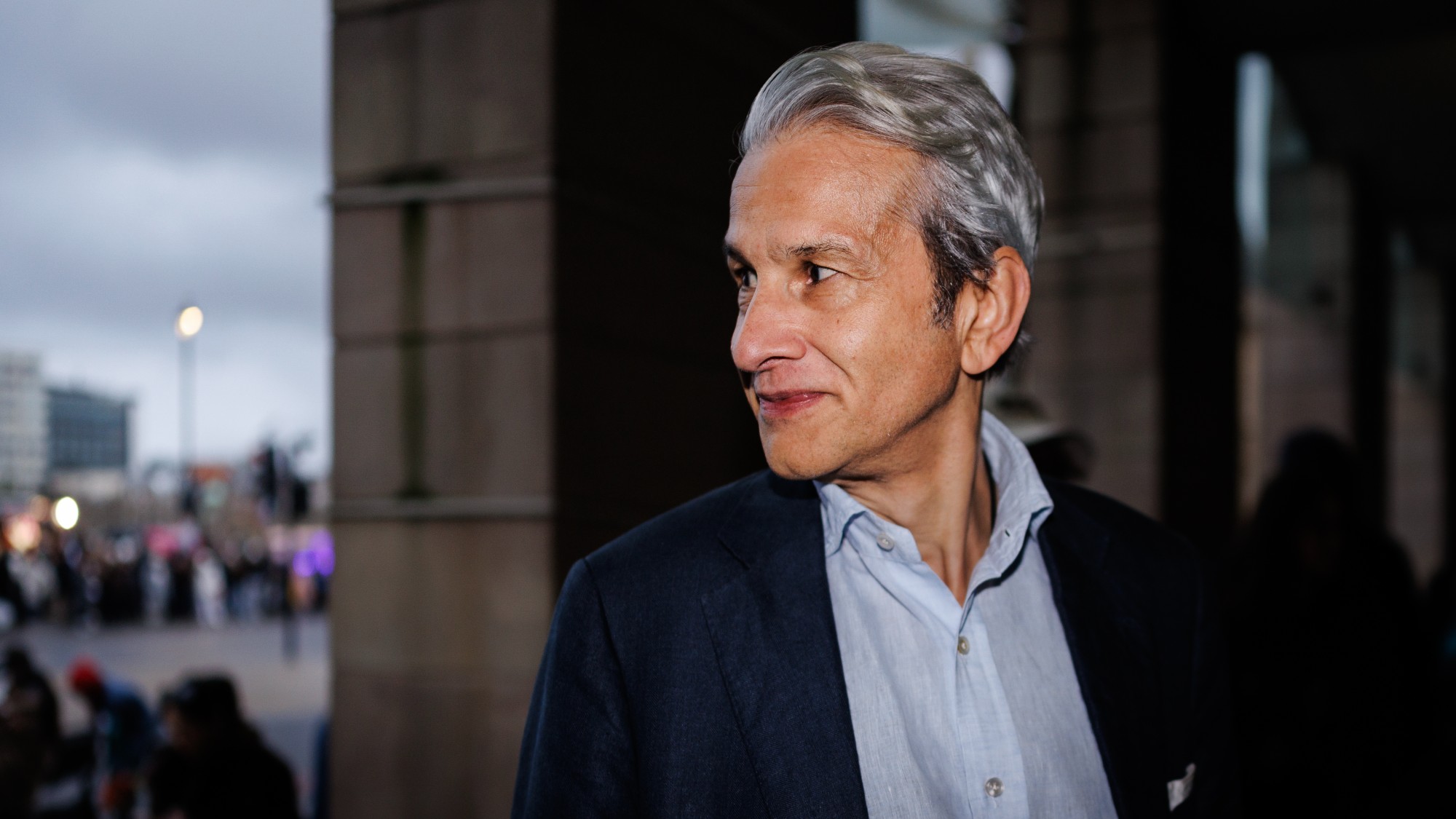 Can the BBC weather the impartiality storm?
Can the BBC weather the impartiality storm?Today's Big Question MPs’ questions failed to land any ‘killer blows’ to quell the ‘seismic outrage’ faced by the BBC
-
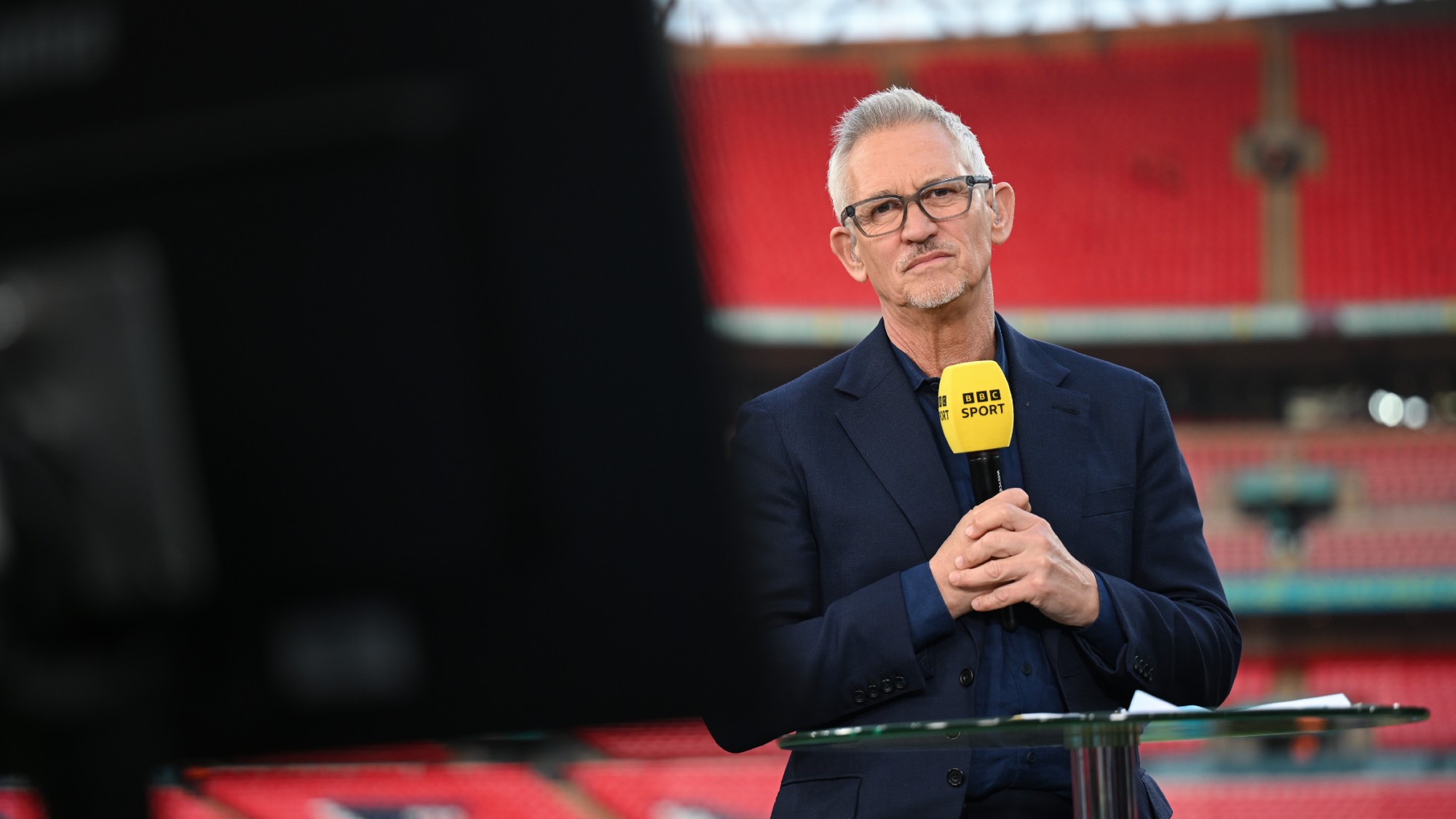 What are the impartiality rules for BBC presenters?
What are the impartiality rules for BBC presenters?The Explainer News presenters and hosts of 'flagship programmes' must adhere to tougher guidelines than other staff and freelancers
-
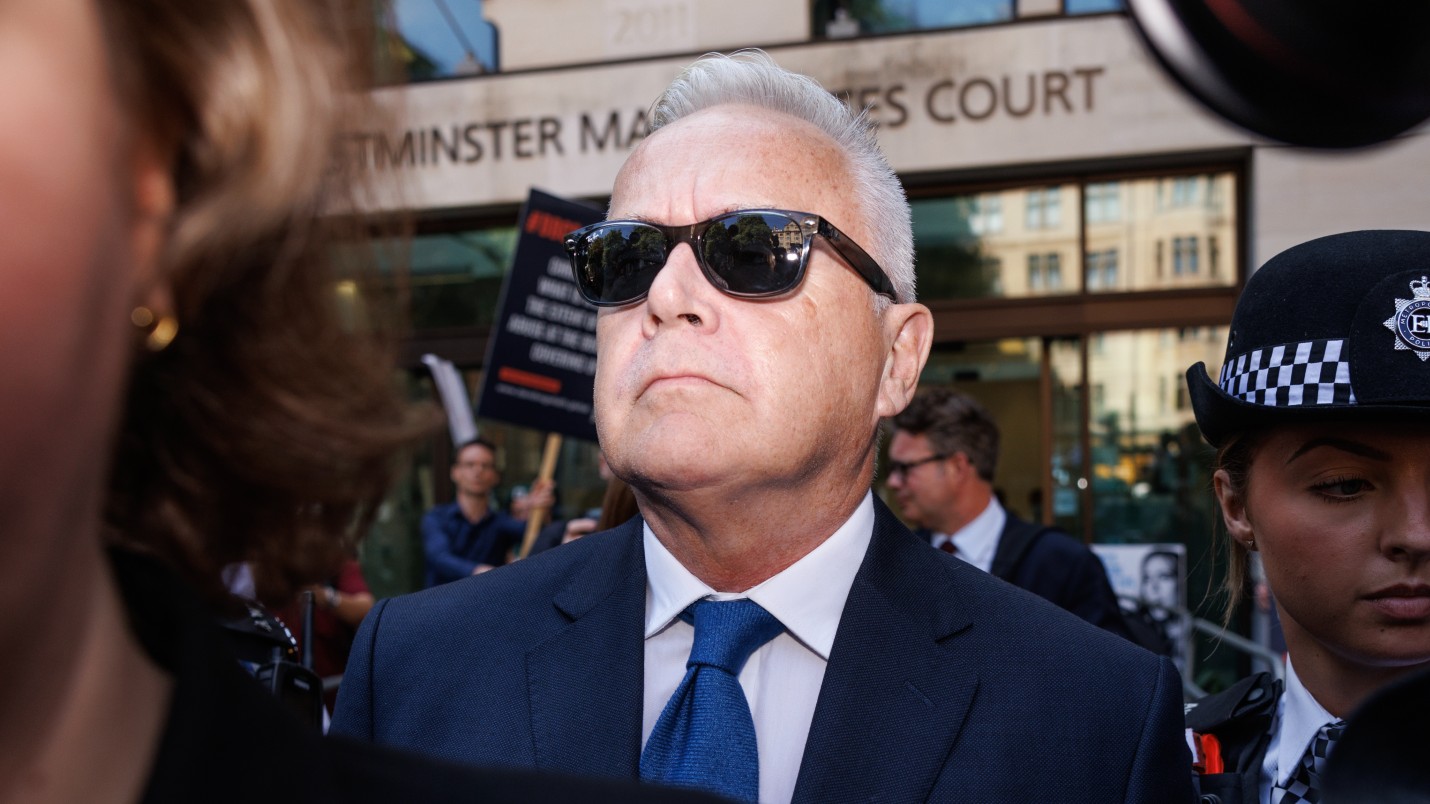 Huw Edwards: why is the BBC so scandal-prone?
Huw Edwards: why is the BBC so scandal-prone?In the Spotlight The national broadcaster has serious questions to answer
-
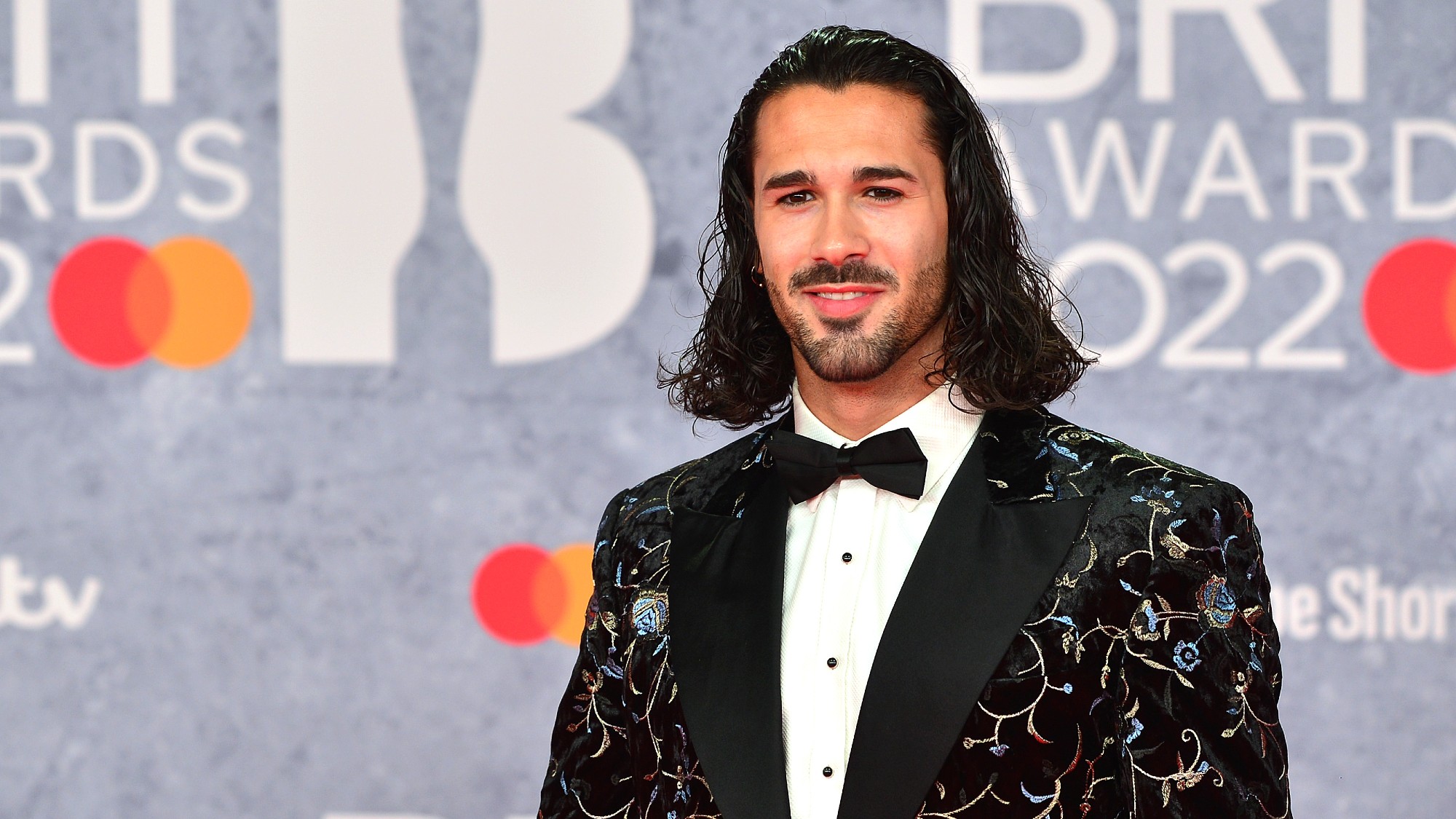 Strictly Come Dancing scandal timeline: what happened when
Strictly Come Dancing scandal timeline: what happened whenIn the Spotlight BBC director general addresses speculation over show's future and apologises to celebrity contestants who say they were mistreated
-
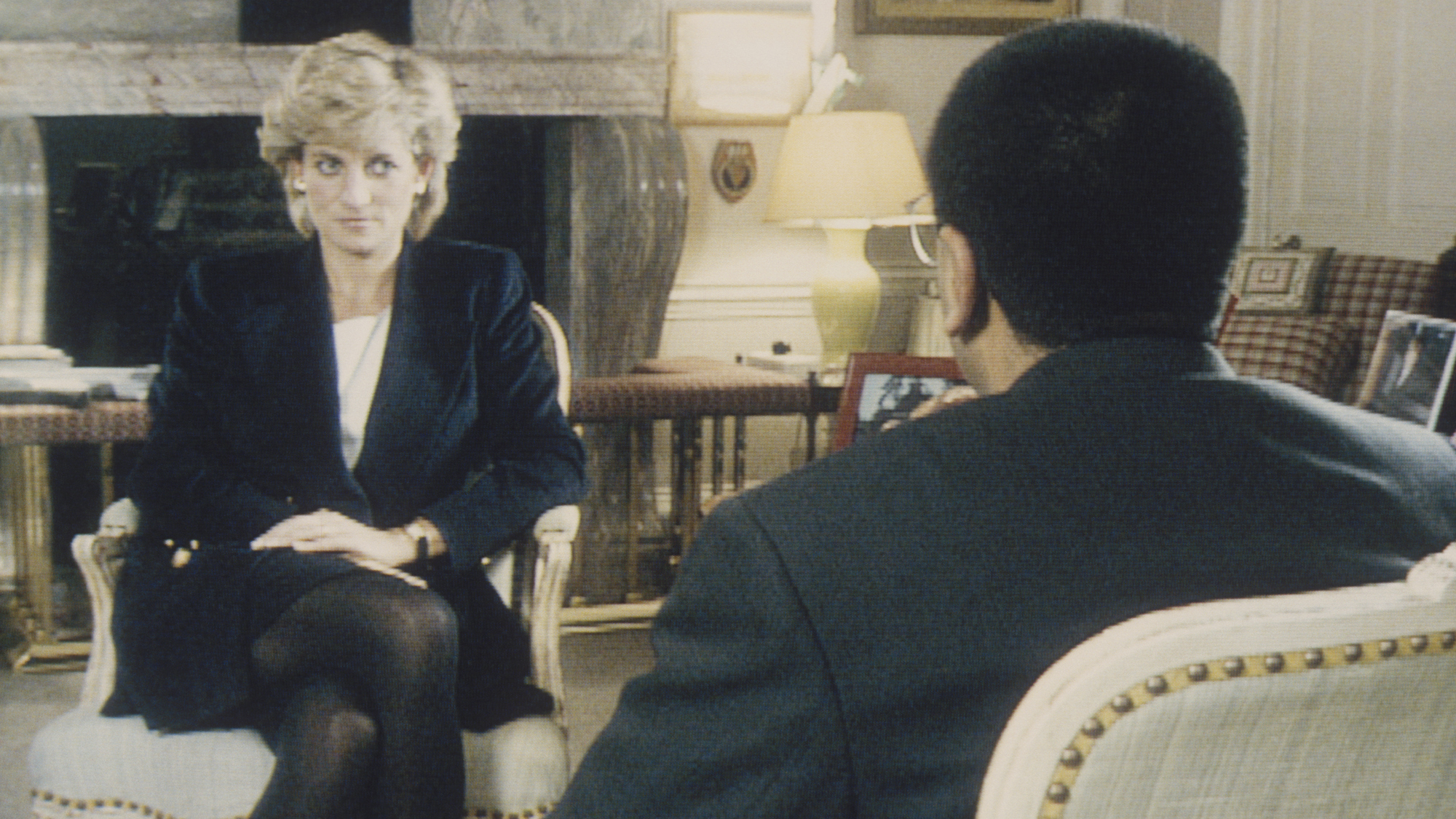 The Princess Diana interview and Martin Bashir's redacted dossier
The Princess Diana interview and Martin Bashir's redacted dossierIn the Spotlight The newly revealed documents show Bashir claimed jealousy and discrimination fuelled allegations against him
-
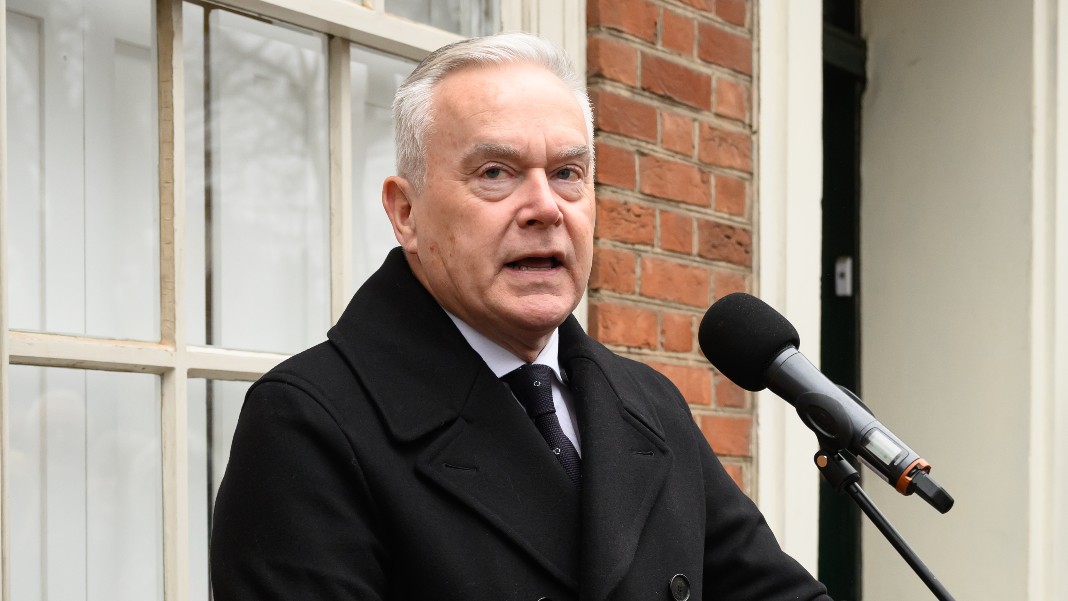 Huw Edwards and the question of ‘public interest’
Huw Edwards and the question of ‘public interest’Talking Point Privacy law ‘mess’ needs to be cleared up, not by judges, but by Parliament
-
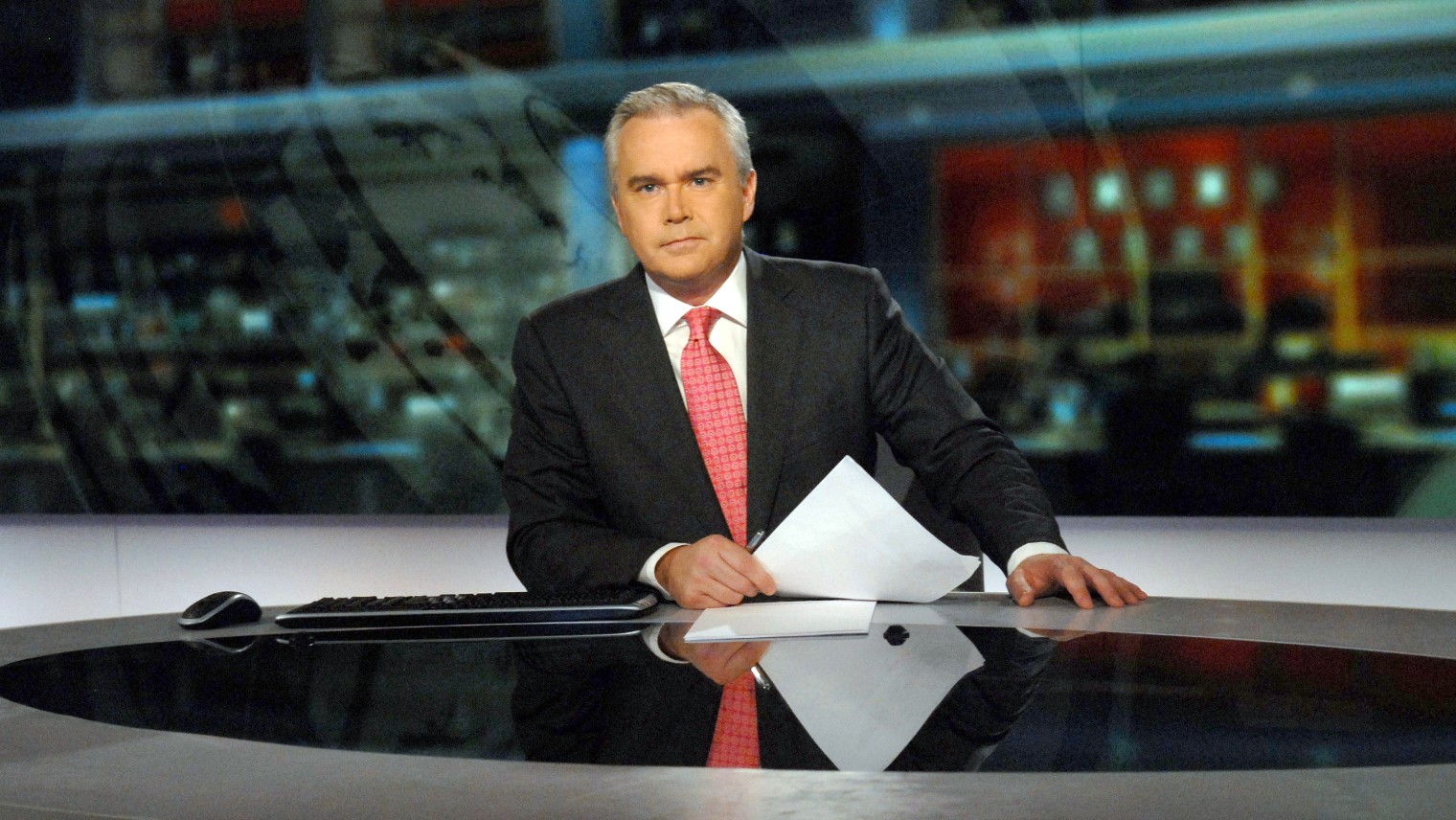 Huw Edwards named as presenter at centre of BBC crisis
Huw Edwards named as presenter at centre of BBC crisisIn Depth News reader’s wife, Vicky Flind, says he will remain in hospital for foreseeable future
-
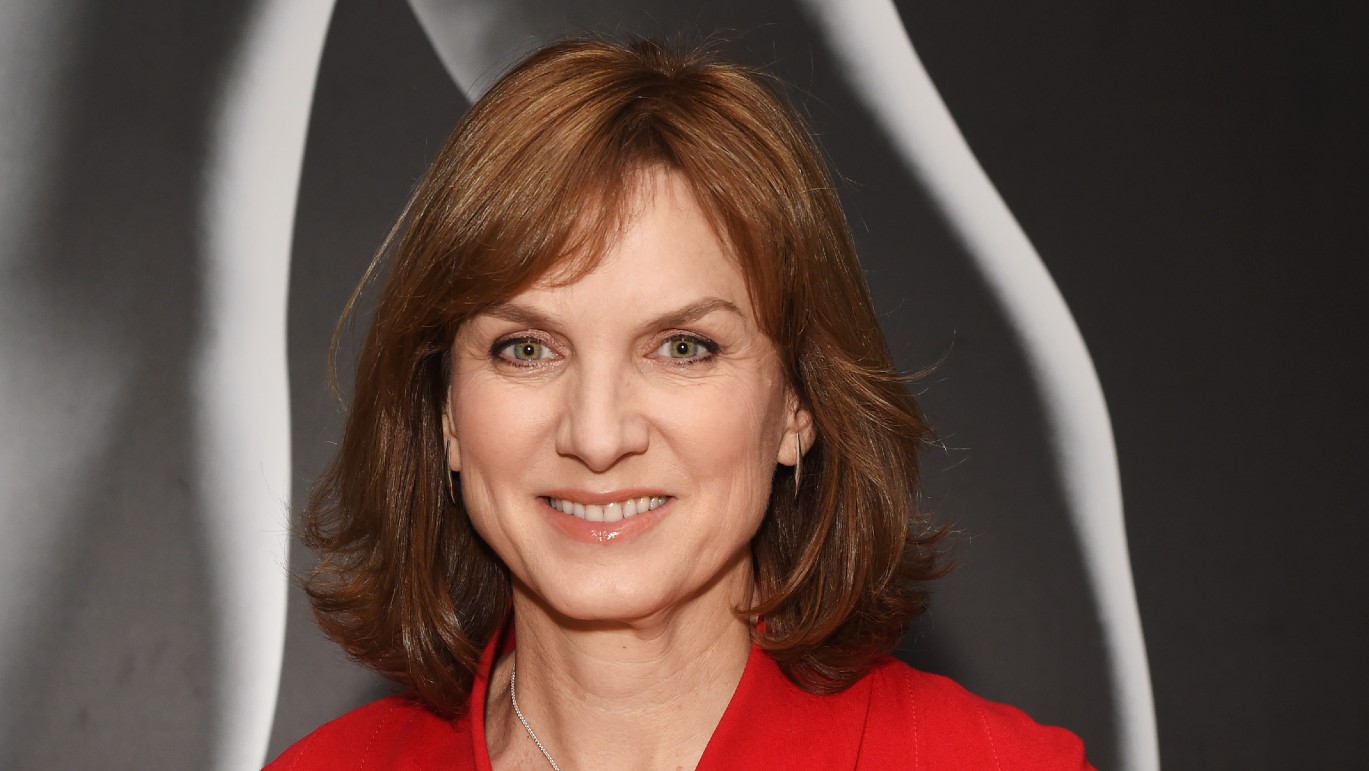 Fiona Bruce: has Question Time host been ‘hung out to dry’?
Fiona Bruce: has Question Time host been ‘hung out to dry’?In Depth Presenter accused of trivialising domestic abuse in debate about Stanley Johnson